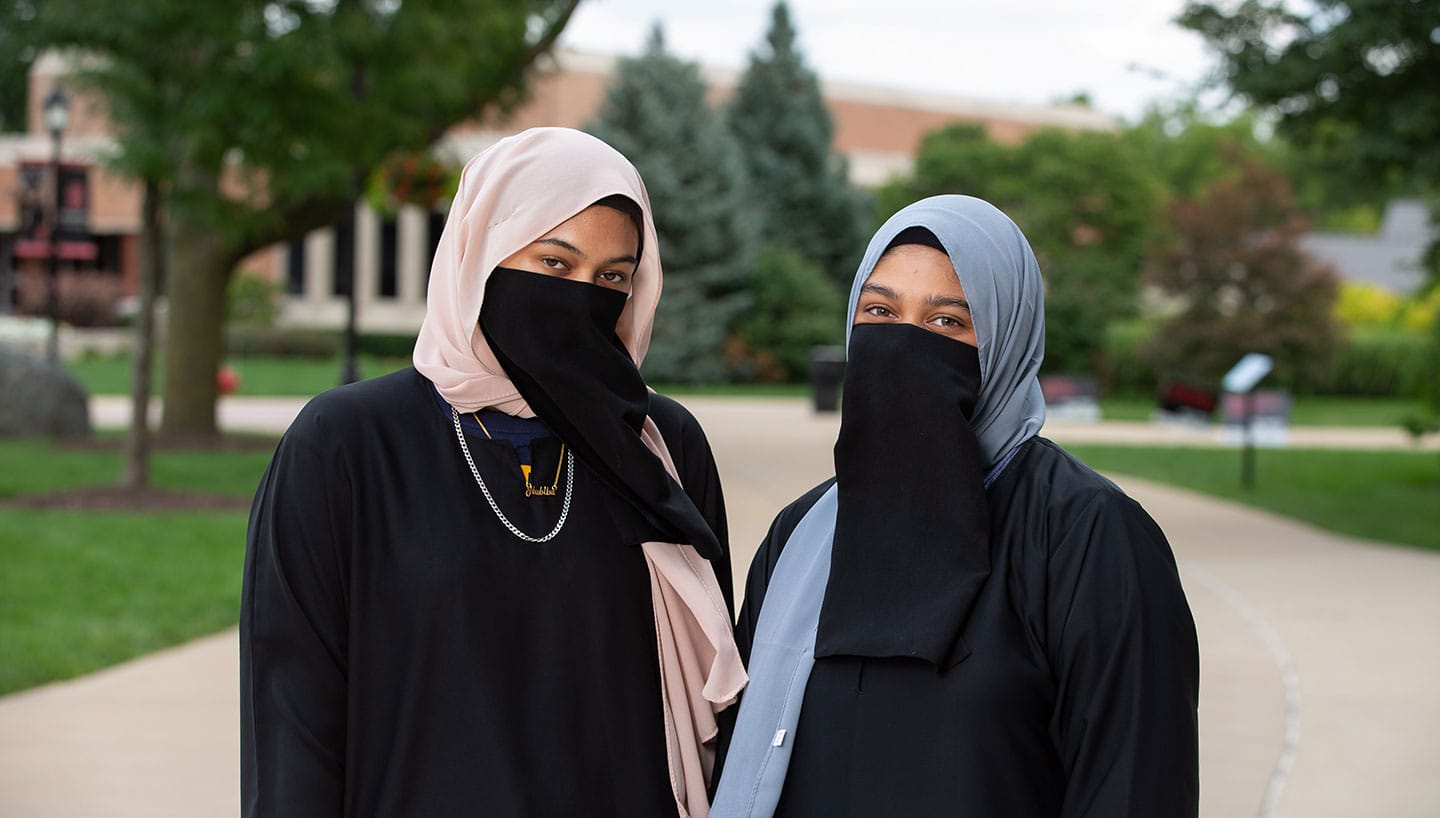The Convergence of Science and Humanities
In an era where medicine and technology are rapidly evolving, the Medical Humanities minor at Benedictine University equips you with the unique expertise to navigate the intersection of science and human values. This interdisciplinary program complements your primary major while preparing you for a wide range of fulfilling career paths, including medical school, graduate work in interdisciplinary science/humanities programs, global scientific research, patient advocacy, and many more.
This minor equips future healthcare professionals with the critical thinking skills, ethical judgment, and cross-cultural sensitivity necessary to navigate the complexities of the 21st-century global healthcare landscape. It empowers them to become not only experts in their field but also responsible stewards of humanity and the planet, ensuring that scientific advancements and medical practices serve the greater good.
Join a vibrant community of scholars and practitioners dedicated to exploring the human side of medicine. Our program will cultivate your critical thinking abilities, communication skills, and empathy, preparing you to become a compassionate and effective healthcare professional or researcher.
The goals of the Medical Humanities program:
- Promote interdisciplinary understanding: Cultivate awareness of the interconnectedness and relevance of various academic disciplines to life and healthcare.
- Humanize medical sciences: Expose students to current ideas and practices that emphasize the human aspect of medicine.
- Connect knowledge to values and relationships: Encourage students to integrate their practical knowledge, daily activities, and ethical values into their interactions with others and the environment.
- Foster collaboration: Nurture a collaborative spirit between students and faculty, providing opportunities for close mentorship and professional engagement.
Explore the intricate interplay between medicine, ethics, and human experience. Our comprehensive curriculum delves into the historical, cultural, and social dimensions of healthcare, equipping you with a nuanced understanding of the complexities faced by patients, medical professionals, and society as a whole.
Expand Your Career Opportunities
The Medical Humanities minor opens doors to a multitude of exciting career paths beyond medicine. Whether you aspire to become a patient advocate, conduct groundbreaking research, or pursue graduate studies in interdisciplinary fields, our program provides you with the essential skills and knowledge to excel in a variety of healthcare-related professions.
A medical humanities minor can be beneficial for pursuing a career in healthcare or related fields, such as medicine, nursing, social work, rehabilitation, medical research ethics, healthcare policy, health communication, medical writing, science journalism, medical museum curation, and bioethics consulting.
Here is an example of some courses you may take in the Medical Humanities minor program:
- Introduction to Art Therapy
- Inequalities and the War on Drugs
- Biomedical Ethics
- Social, Psychological and Cultural Aspects of Aging
- Faith and Science
Medical Humanities minor courses (MDHM)
Medical Humanities minor courses include: ARTH, PSYC, CRIM, IDS, PHIL, SOCL, SPAN, THEO
Lisle undergraduate course descriptions
Mesa undergraduate course descriptions

